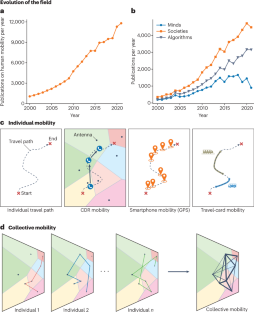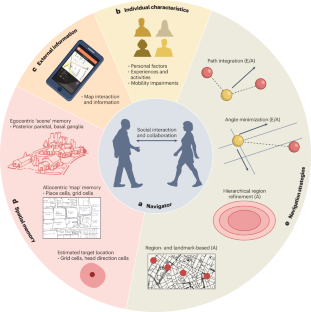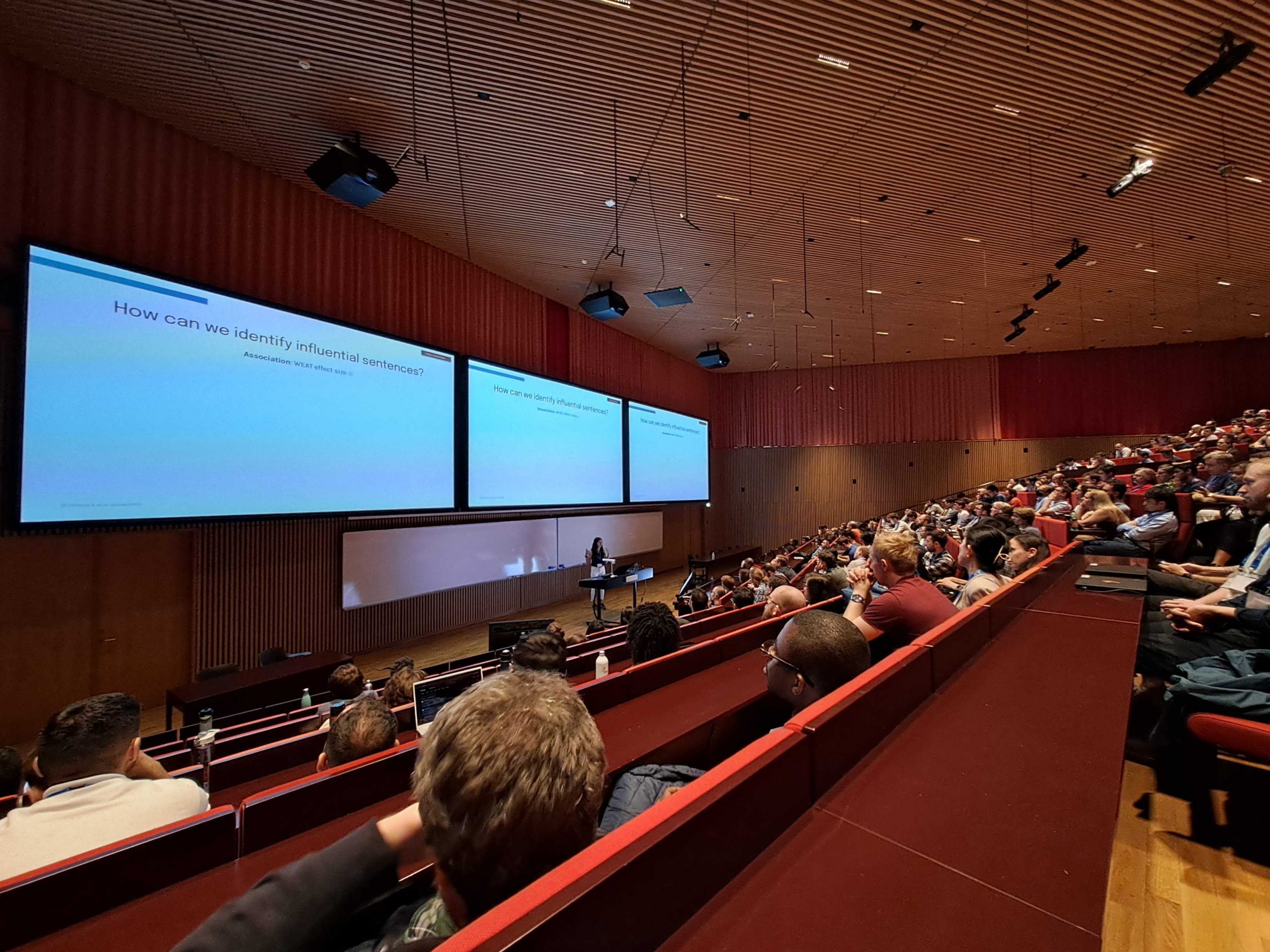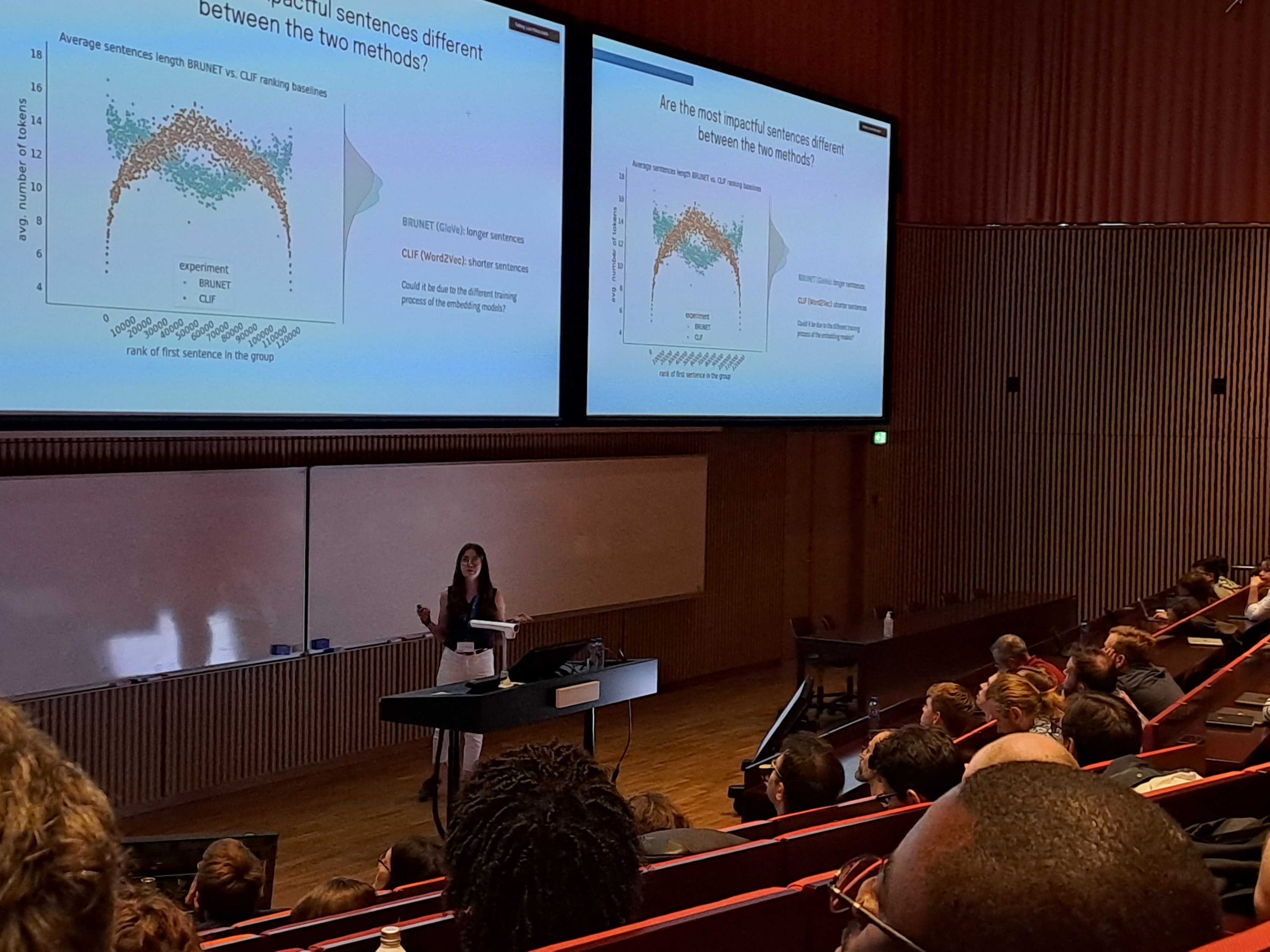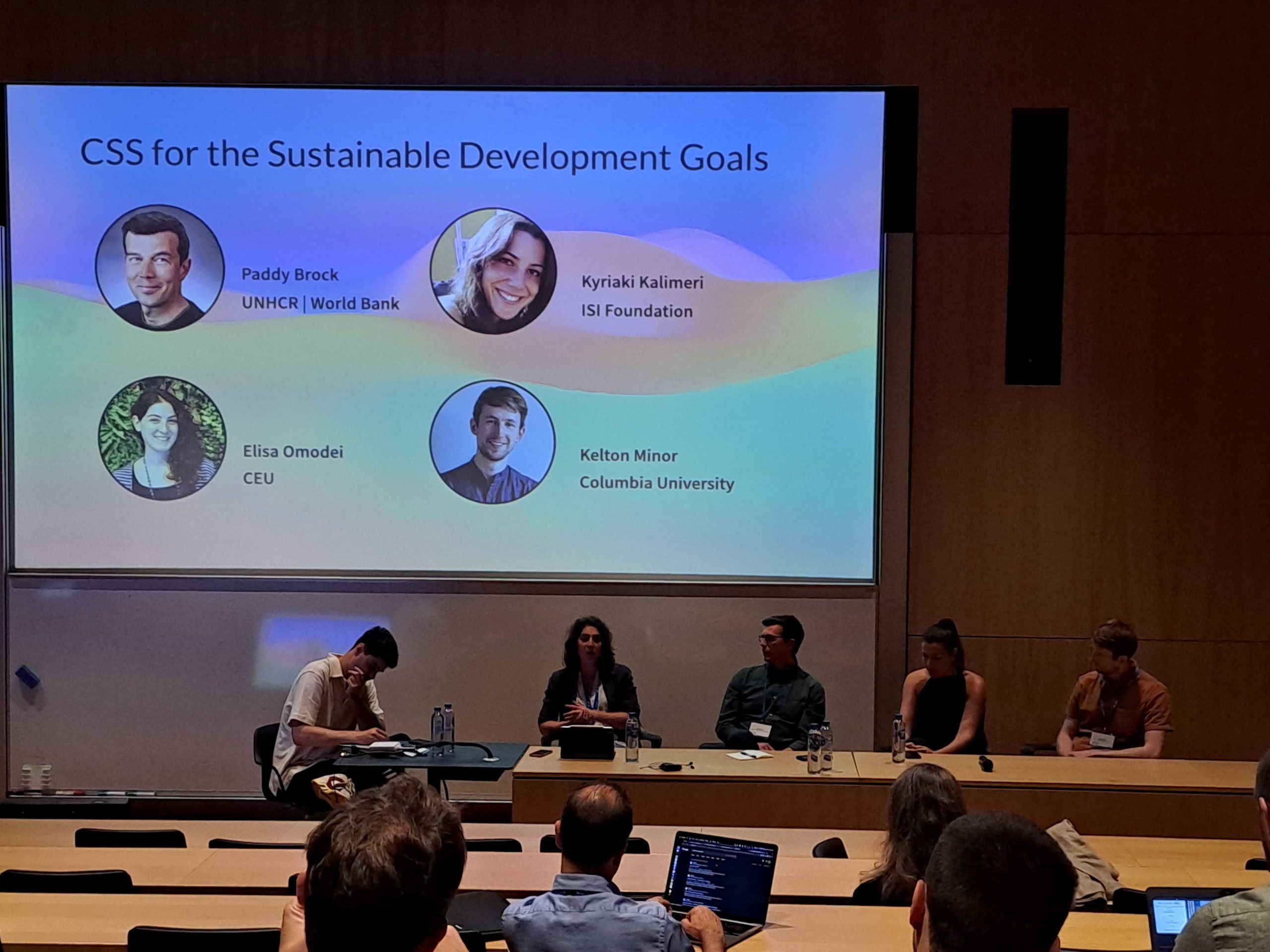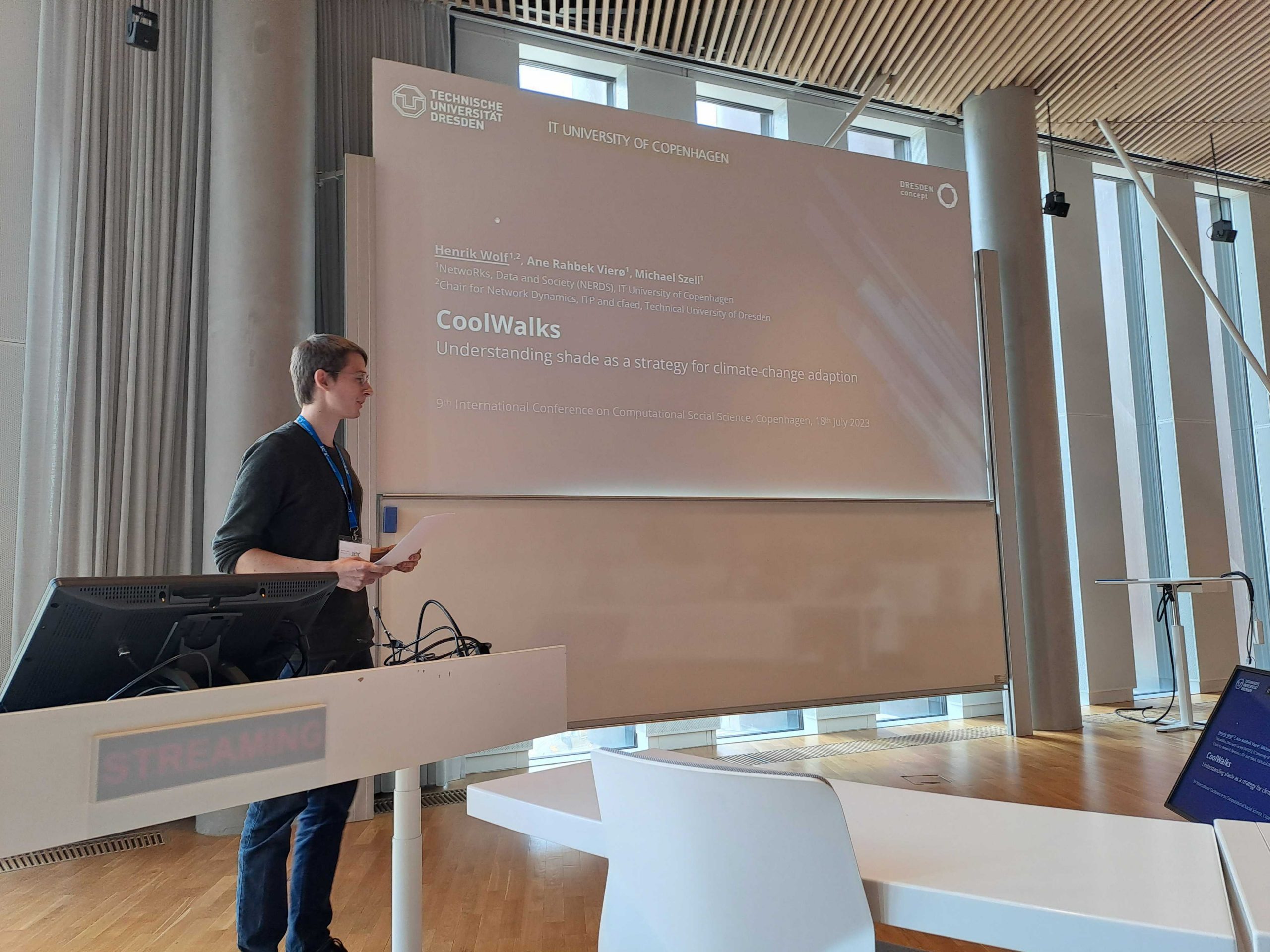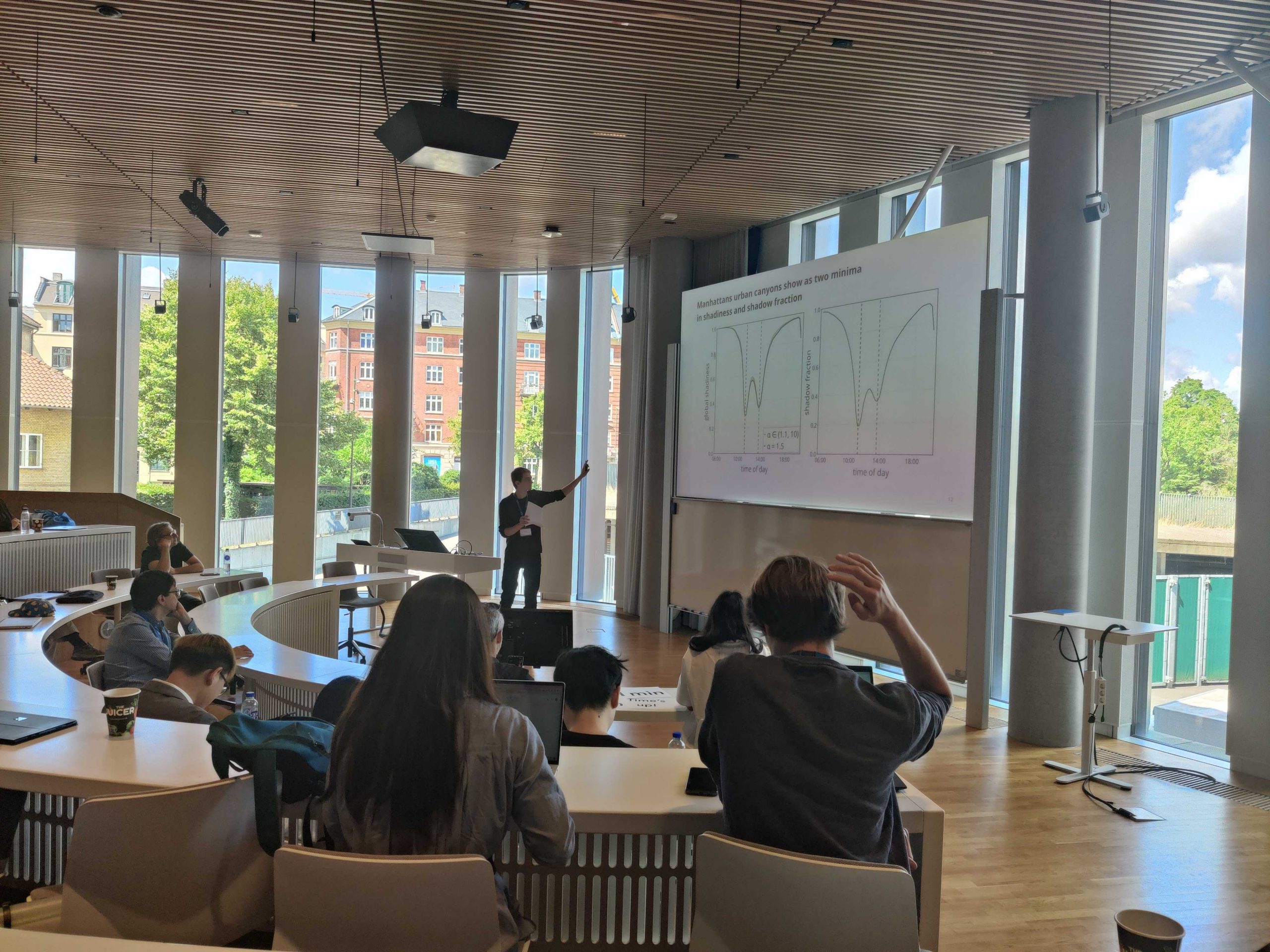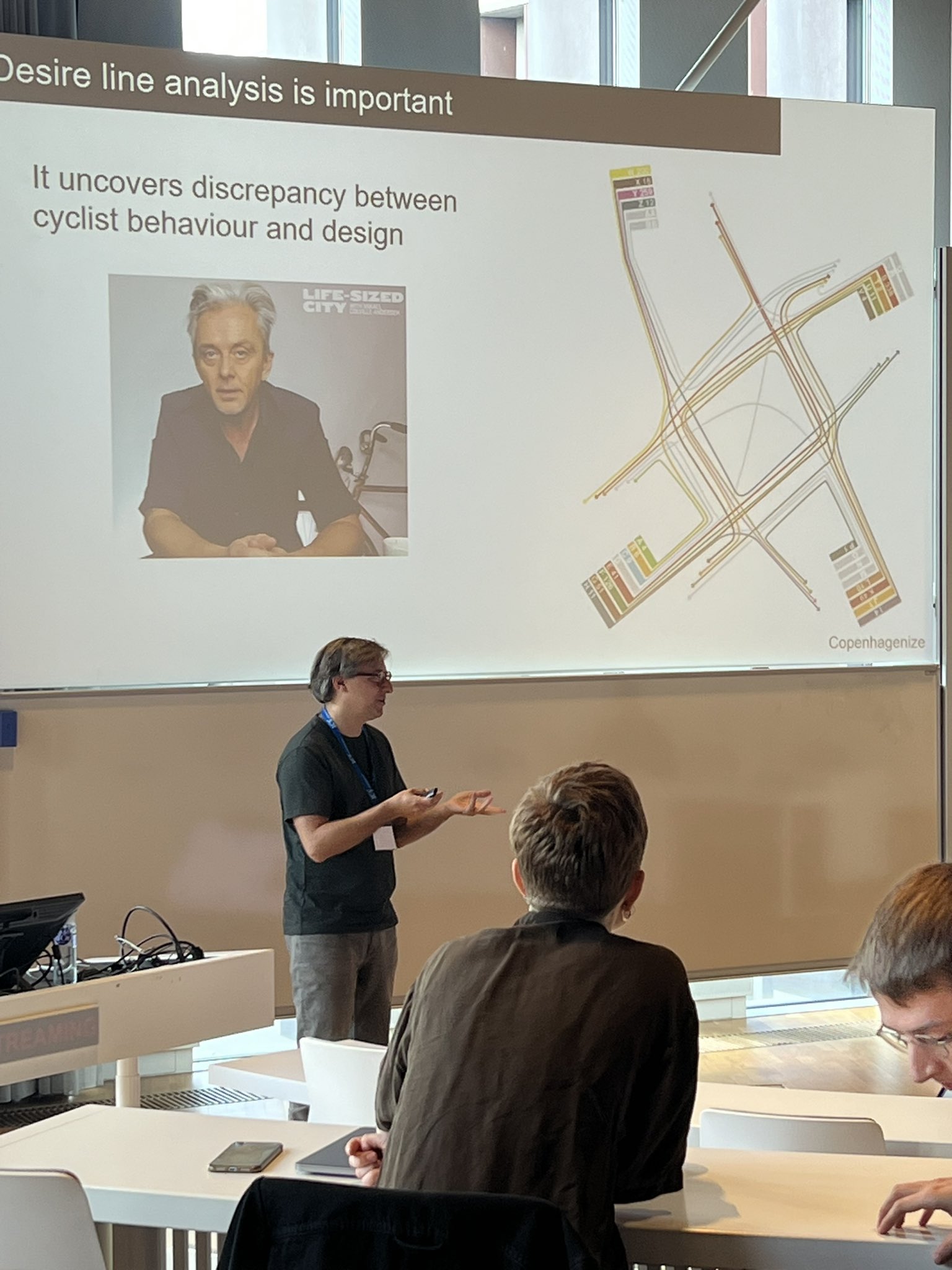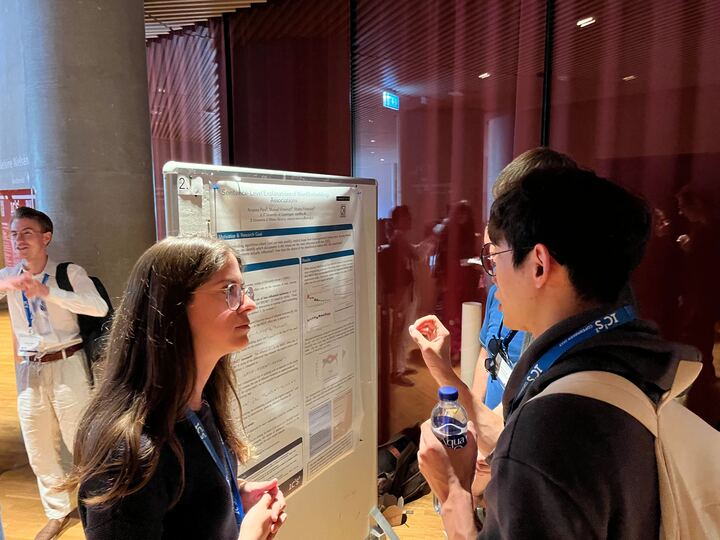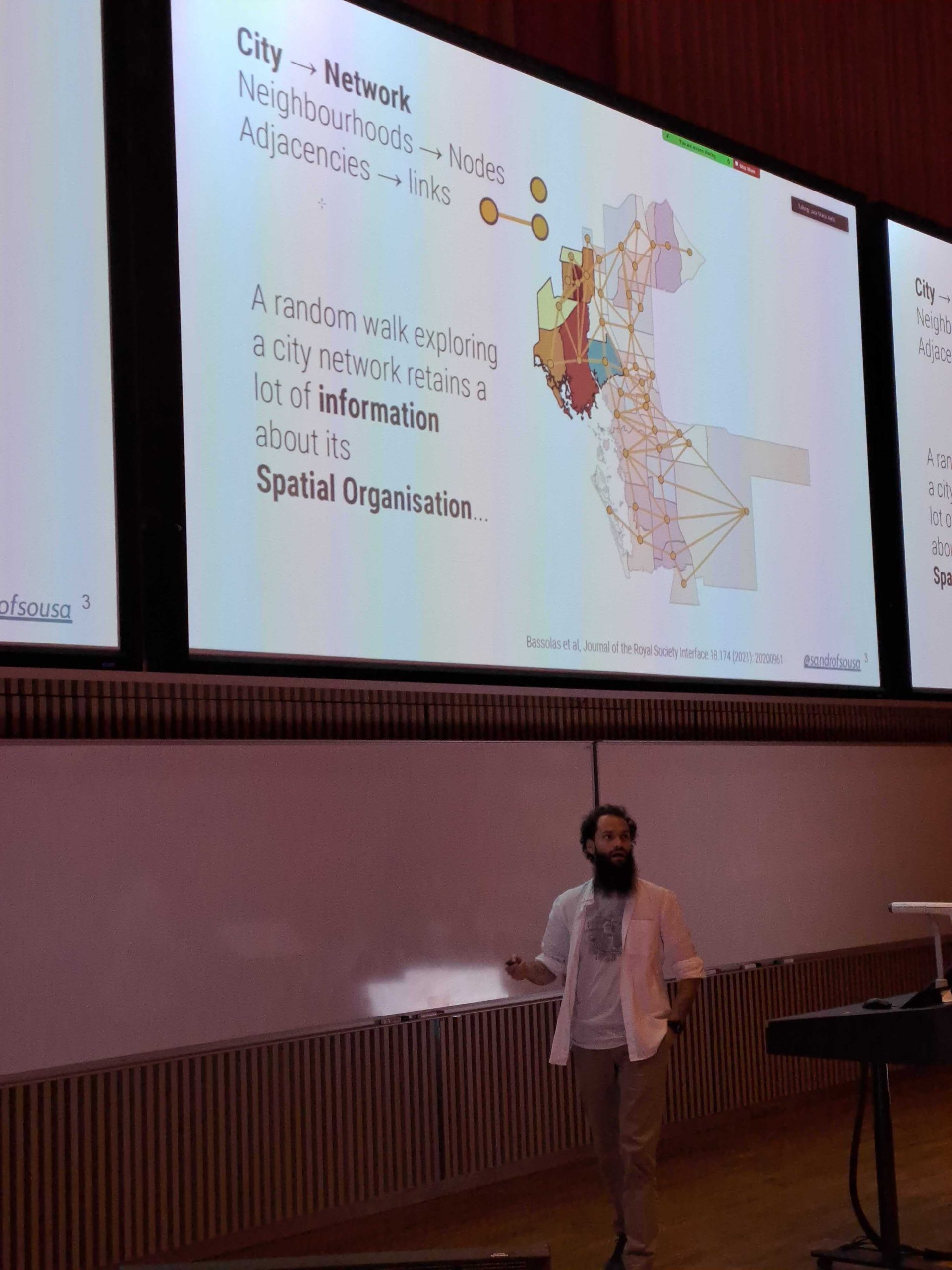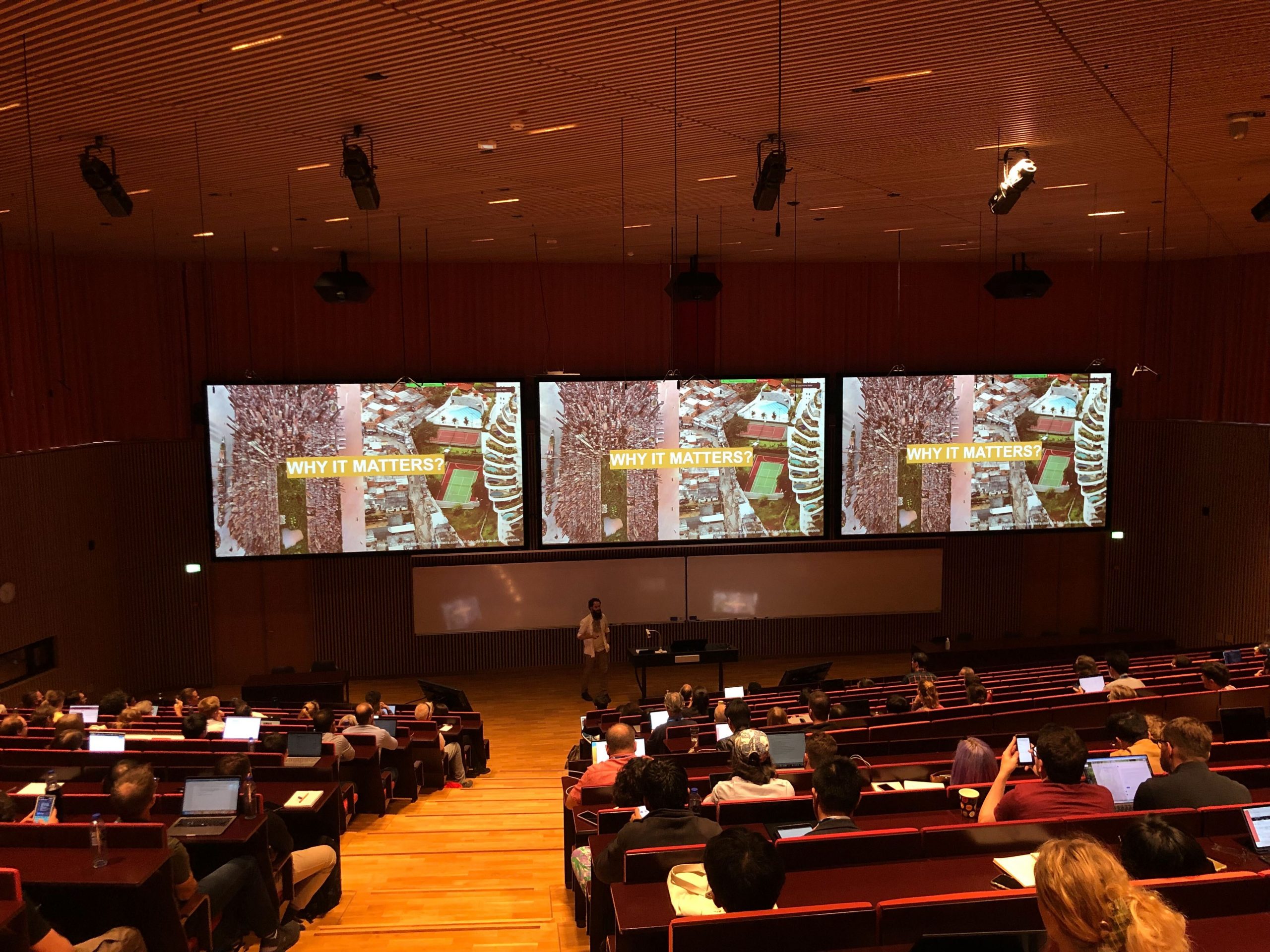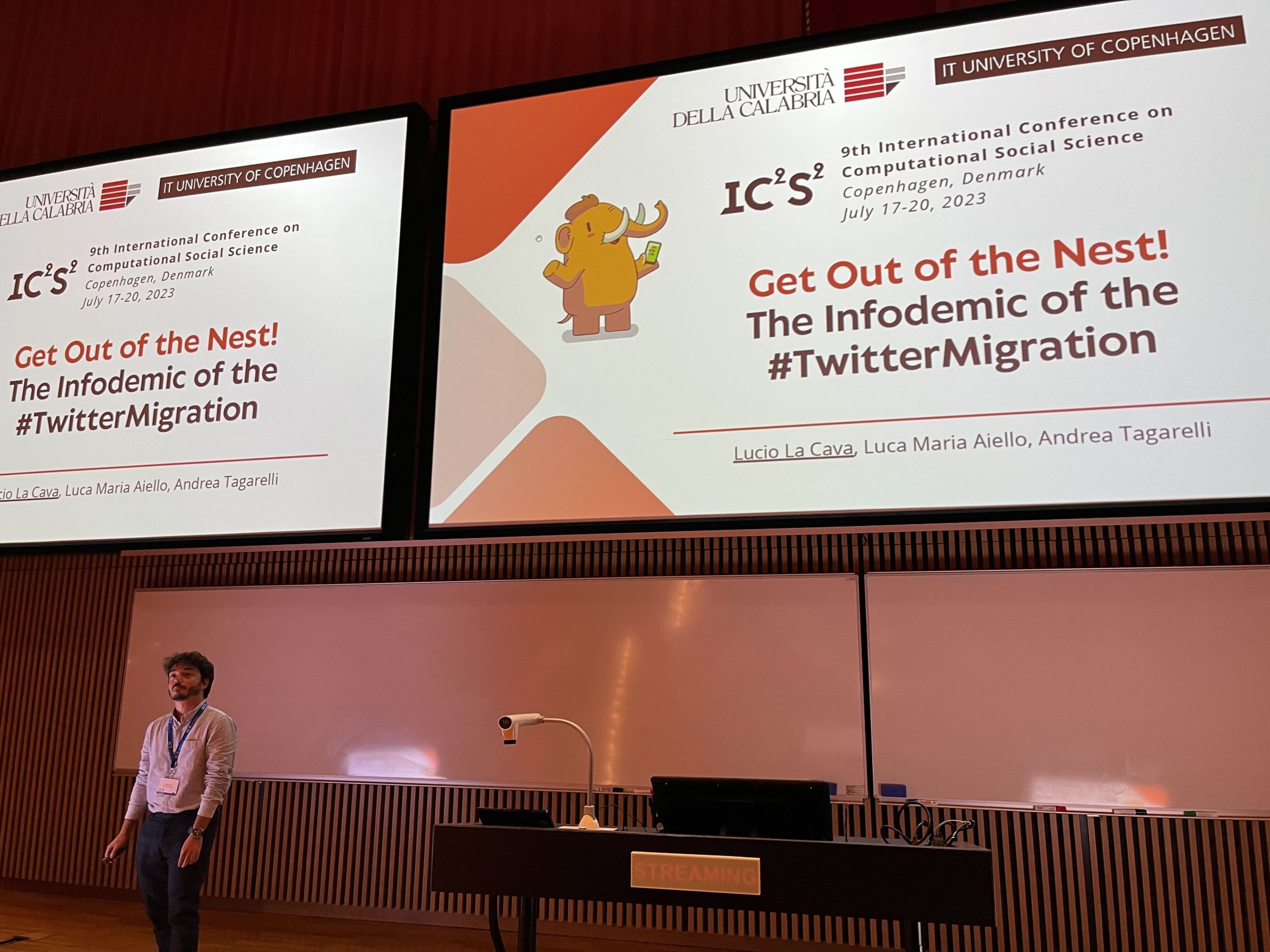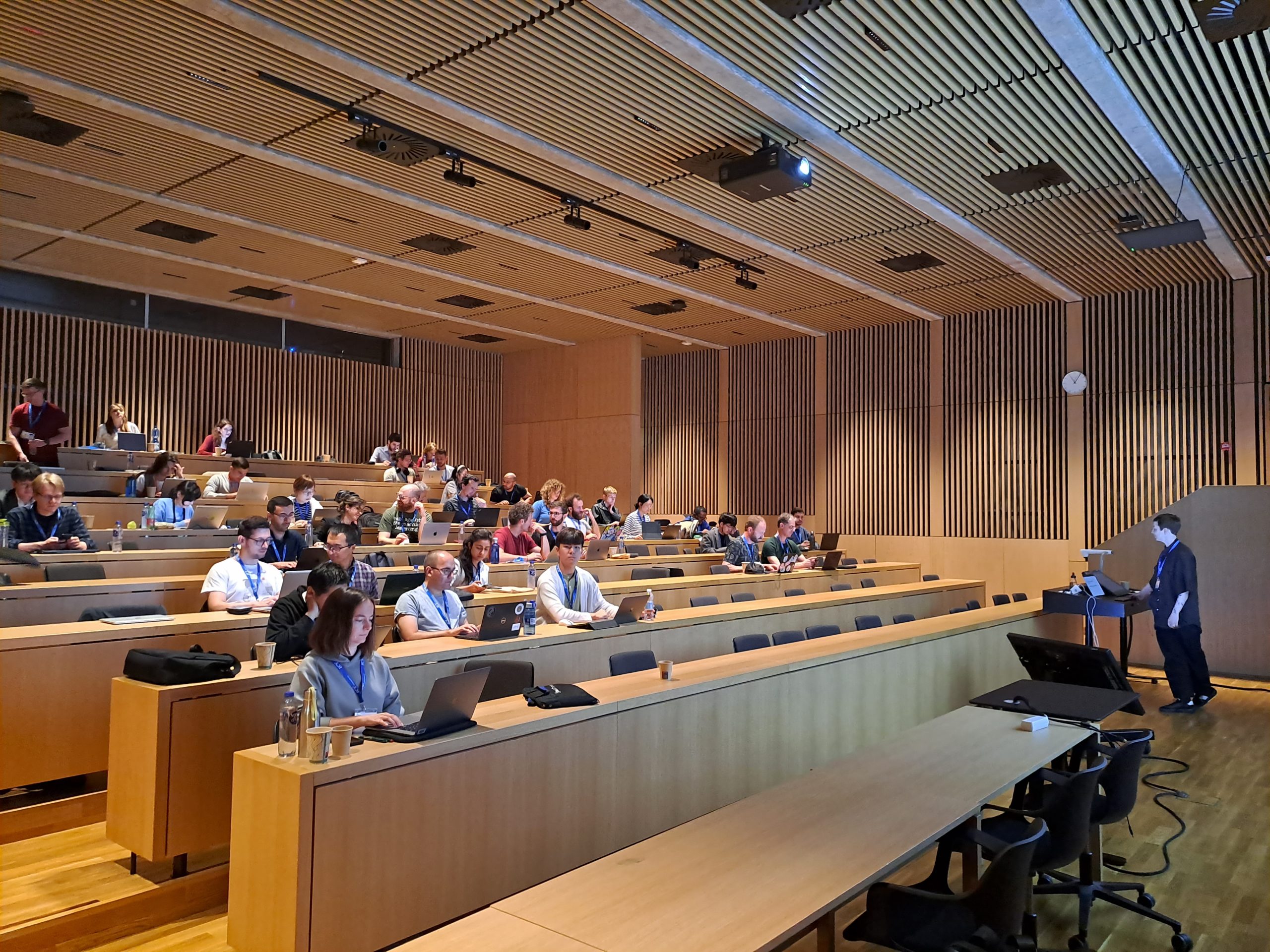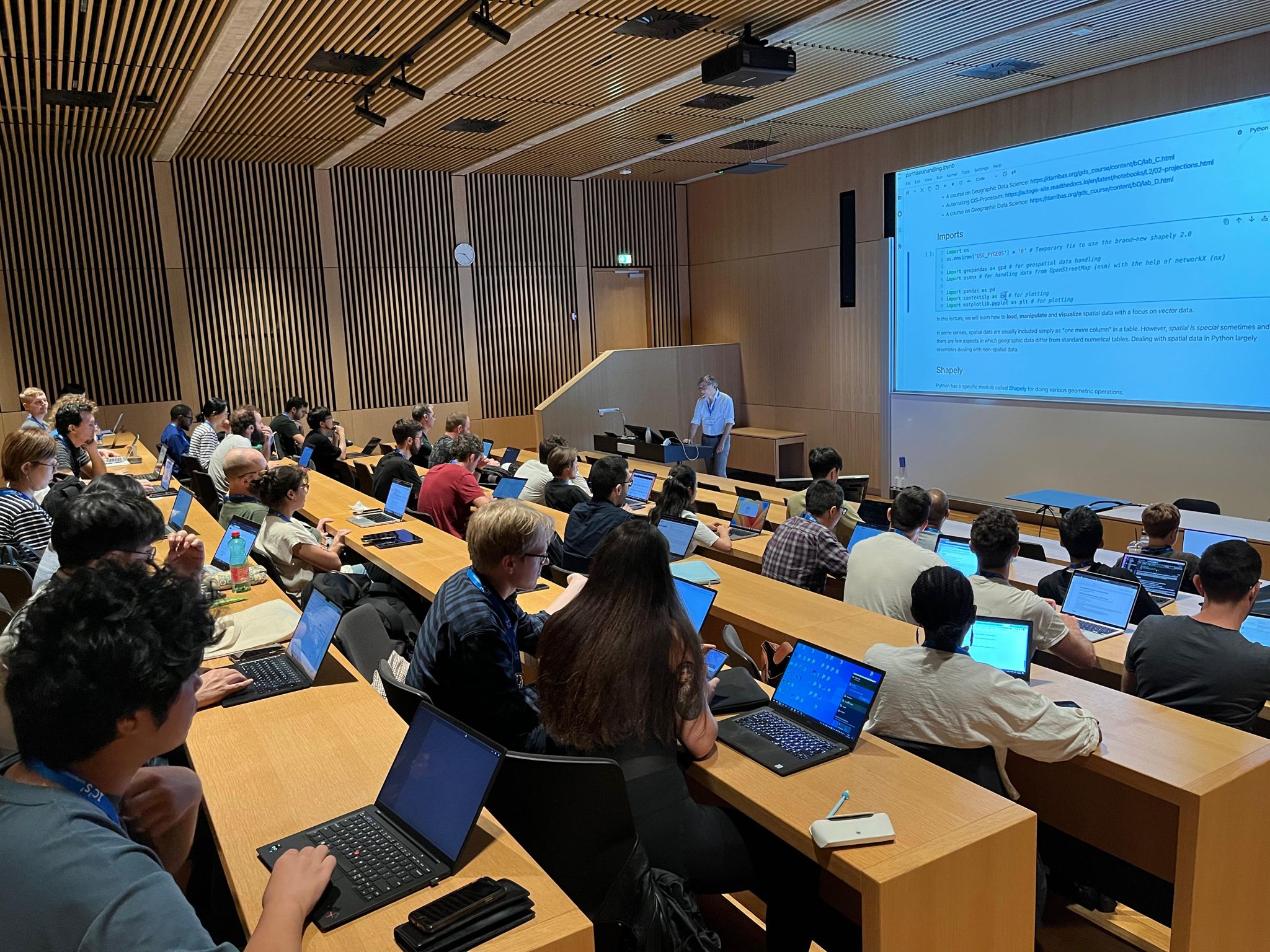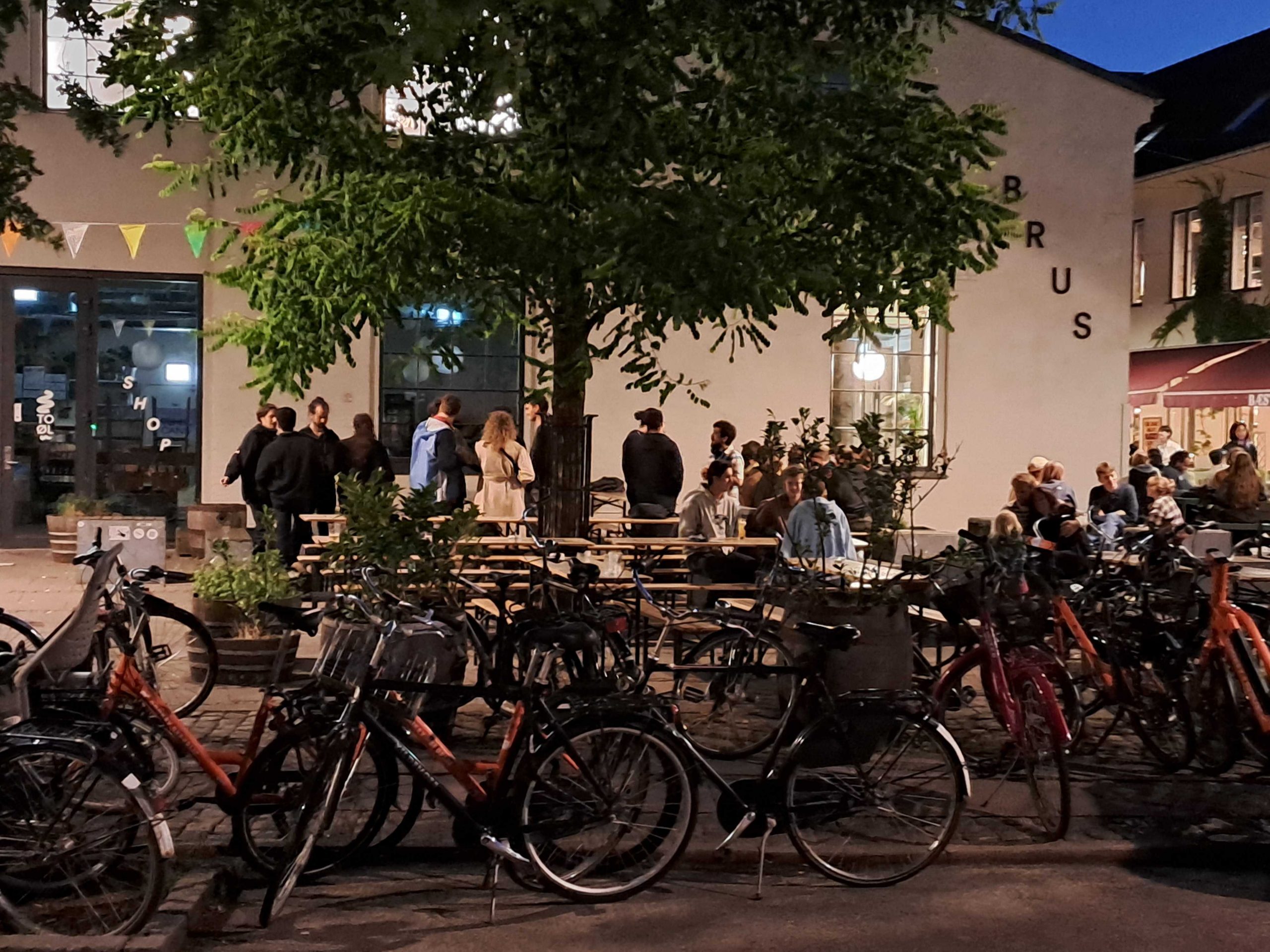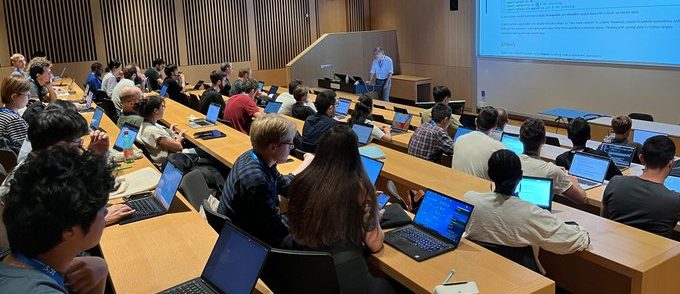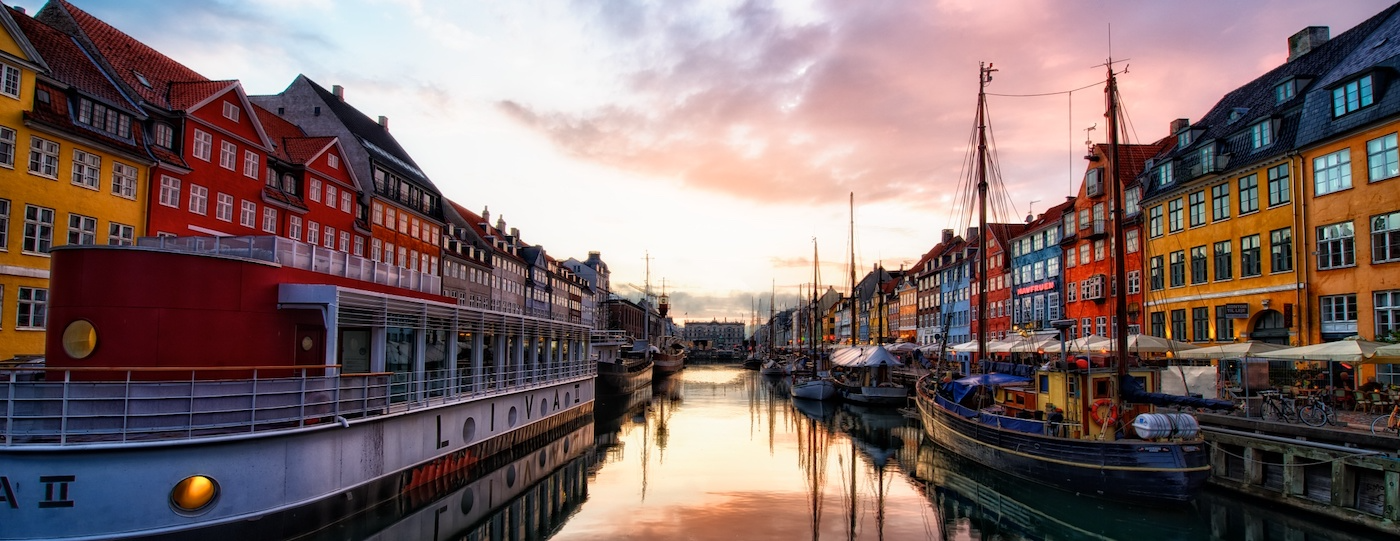This month, another two PhD students join NERDS – Welcome Anders and Daniel!
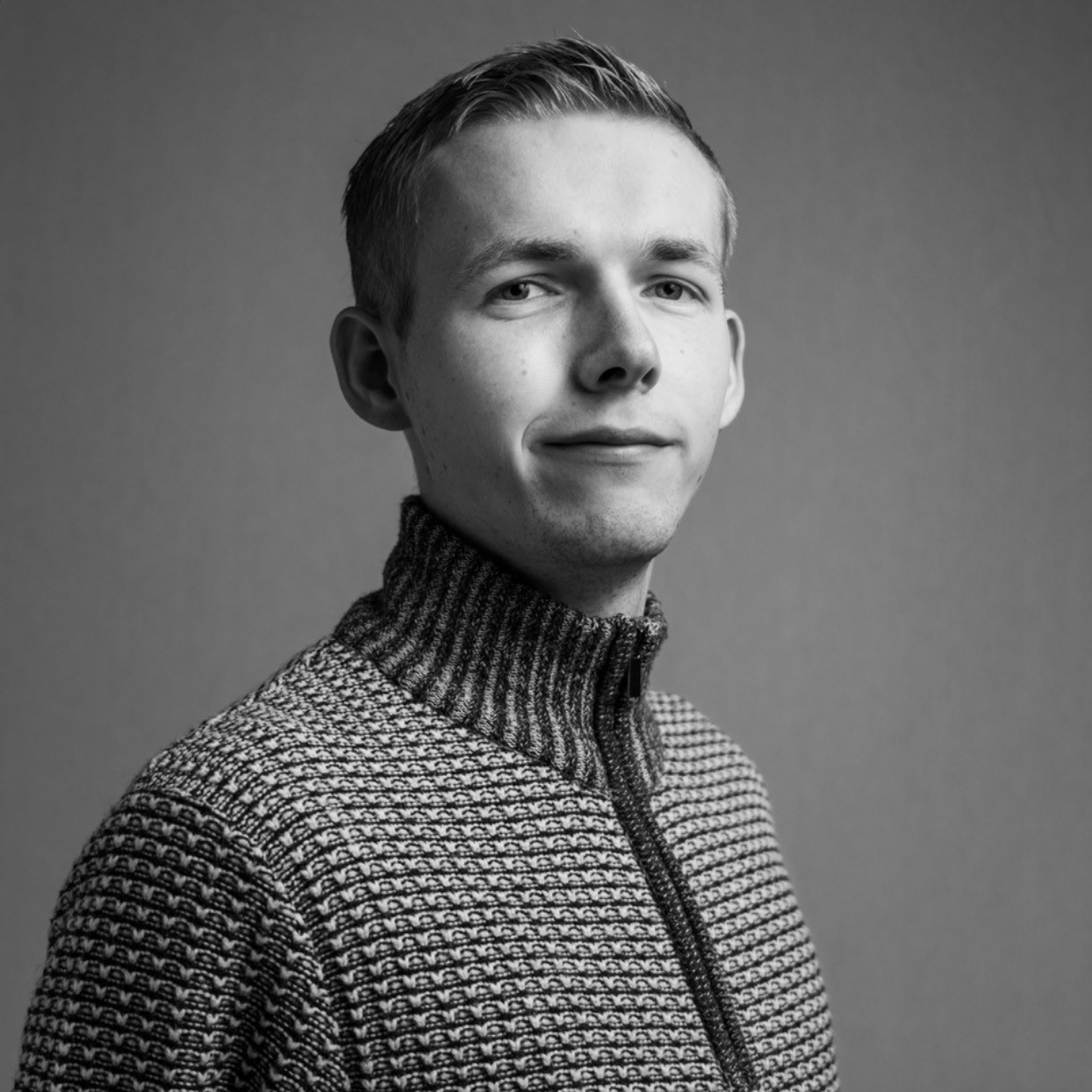 Anders Weile Larsen is working with Roberta Sinatra (KU, SODAS) and Vedran Sekara (ITU, NERDS) on a project which aims to uncover the fundamental limits of ML and AI for predicting human behavior. Holding a Bachelor’s degree in Cognitive Science and a Master’s in Social Data Science, Anders comes from a highly interdisciplinary background. Anders has previously worked in the Danish Ministry of Taxation where he developed a customer segmentation model and taught Python programming. More recently, as part of the Nation-Scale Social Networks project, Anders has worked on estimating peer effects of library takeouts and modeling patterns of literary consumption. Anders’ PhD is funded by the Danish Pioneer Centre for AI, where he is also affiliated.
Anders Weile Larsen is working with Roberta Sinatra (KU, SODAS) and Vedran Sekara (ITU, NERDS) on a project which aims to uncover the fundamental limits of ML and AI for predicting human behavior. Holding a Bachelor’s degree in Cognitive Science and a Master’s in Social Data Science, Anders comes from a highly interdisciplinary background. Anders has previously worked in the Danish Ministry of Taxation where he developed a customer segmentation model and taught Python programming. More recently, as part of the Nation-Scale Social Networks project, Anders has worked on estimating peer effects of library takeouts and modeling patterns of literary consumption. Anders’ PhD is funded by the Danish Pioneer Centre for AI, where he is also affiliated.
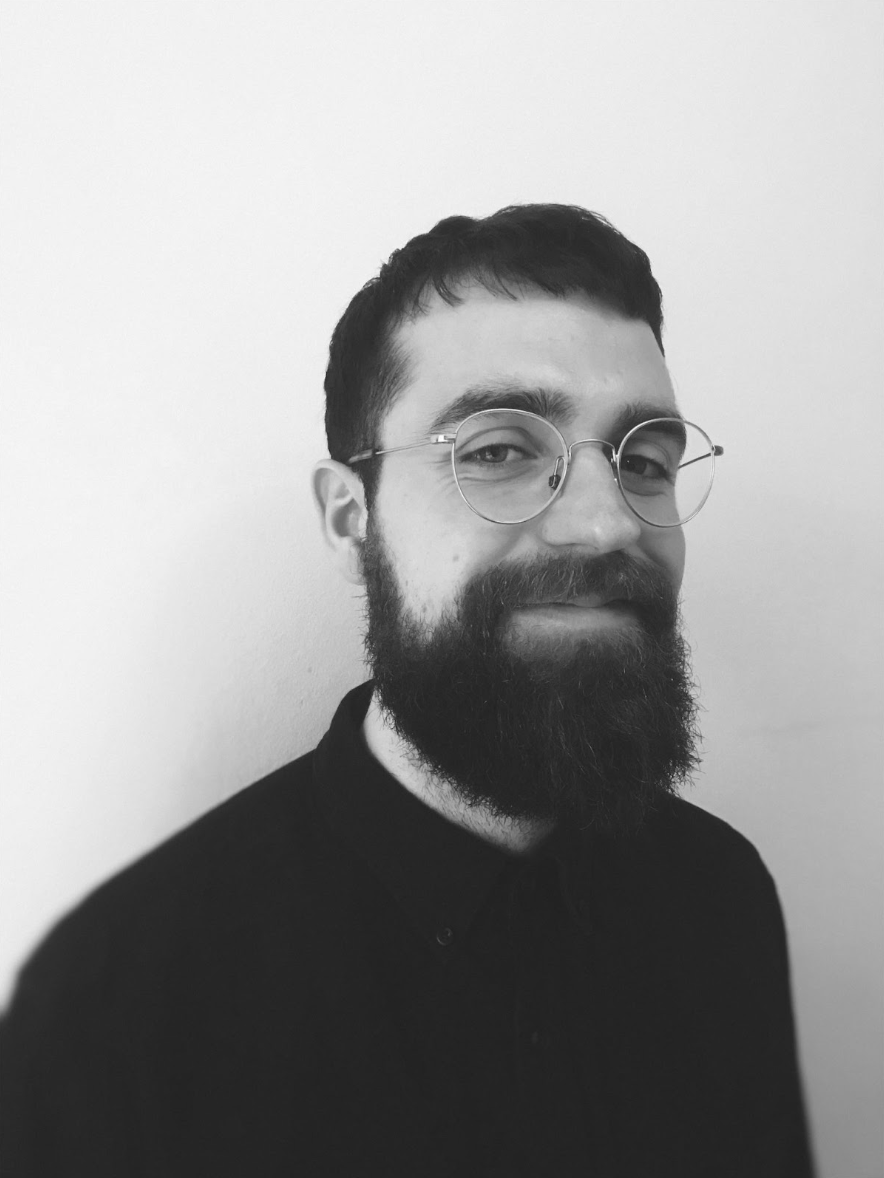 Daniel Juhász Vigild is a PhD student at SODAS (our sister group at KU), at the ROCKWOOL Foundation’s Research Unit, and is a visiting PhD student at ITU. He holds a Msc. in Business Analytics from DTU.
His research examines the digitalization of the public sector, with a focus on quantifying the productivity enhancements and potential social costs of implementing digital initiatives.
He is currently examining the effect of implementing POL-INTEL, an intelligence-led policing tool implemented in Denmark in 2018.
Daniel Juhász Vigild is a PhD student at SODAS (our sister group at KU), at the ROCKWOOL Foundation’s Research Unit, and is a visiting PhD student at ITU. He holds a Msc. in Business Analytics from DTU.
His research examines the digitalization of the public sector, with a focus on quantifying the productivity enhancements and potential social costs of implementing digital initiatives.
He is currently examining the effect of implementing POL-INTEL, an intelligence-led policing tool implemented in Denmark in 2018.

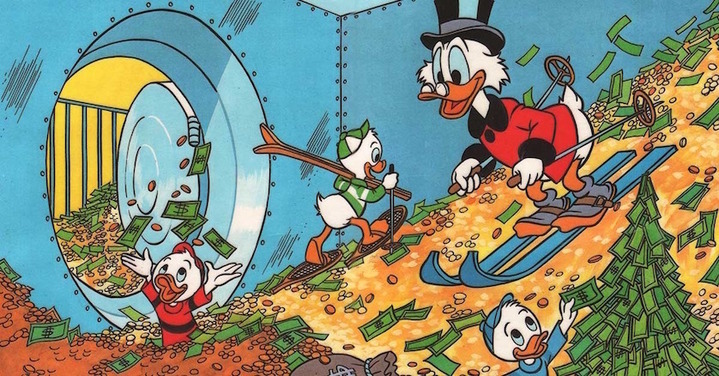 Current view from the NERDS lair
Current view from the NERDS lair
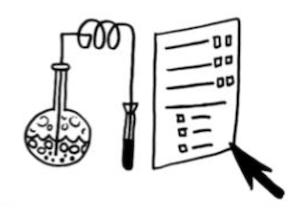
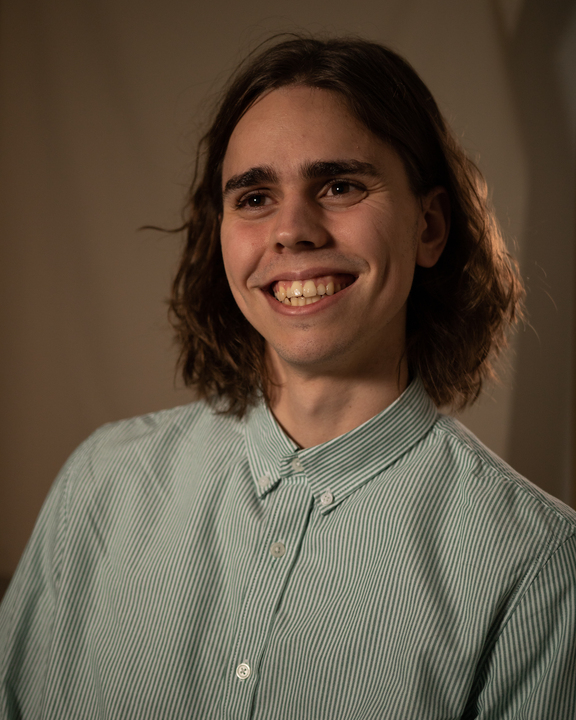
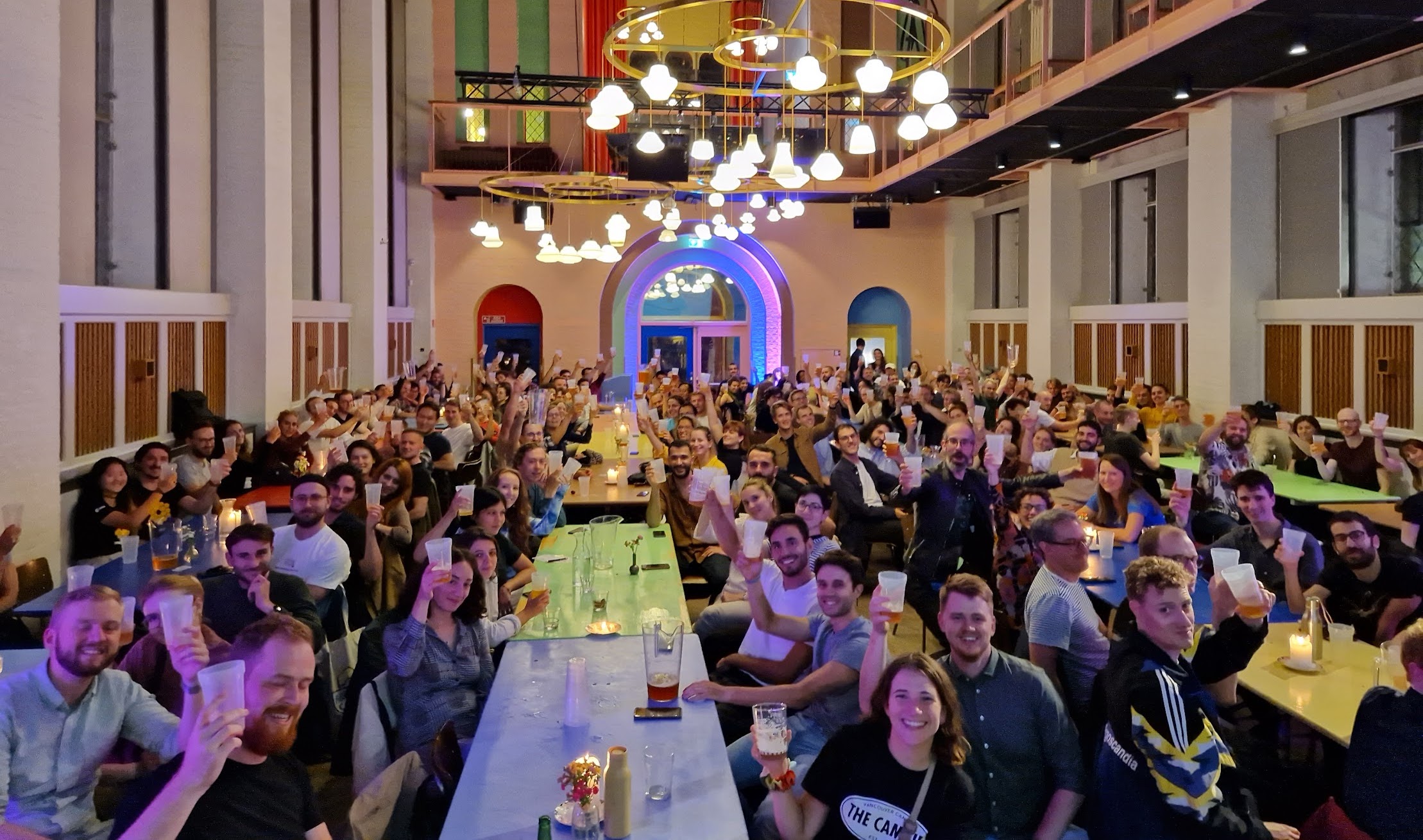
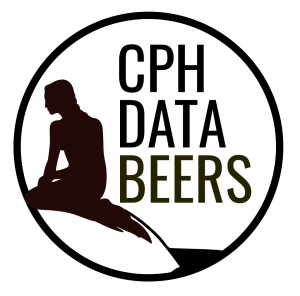
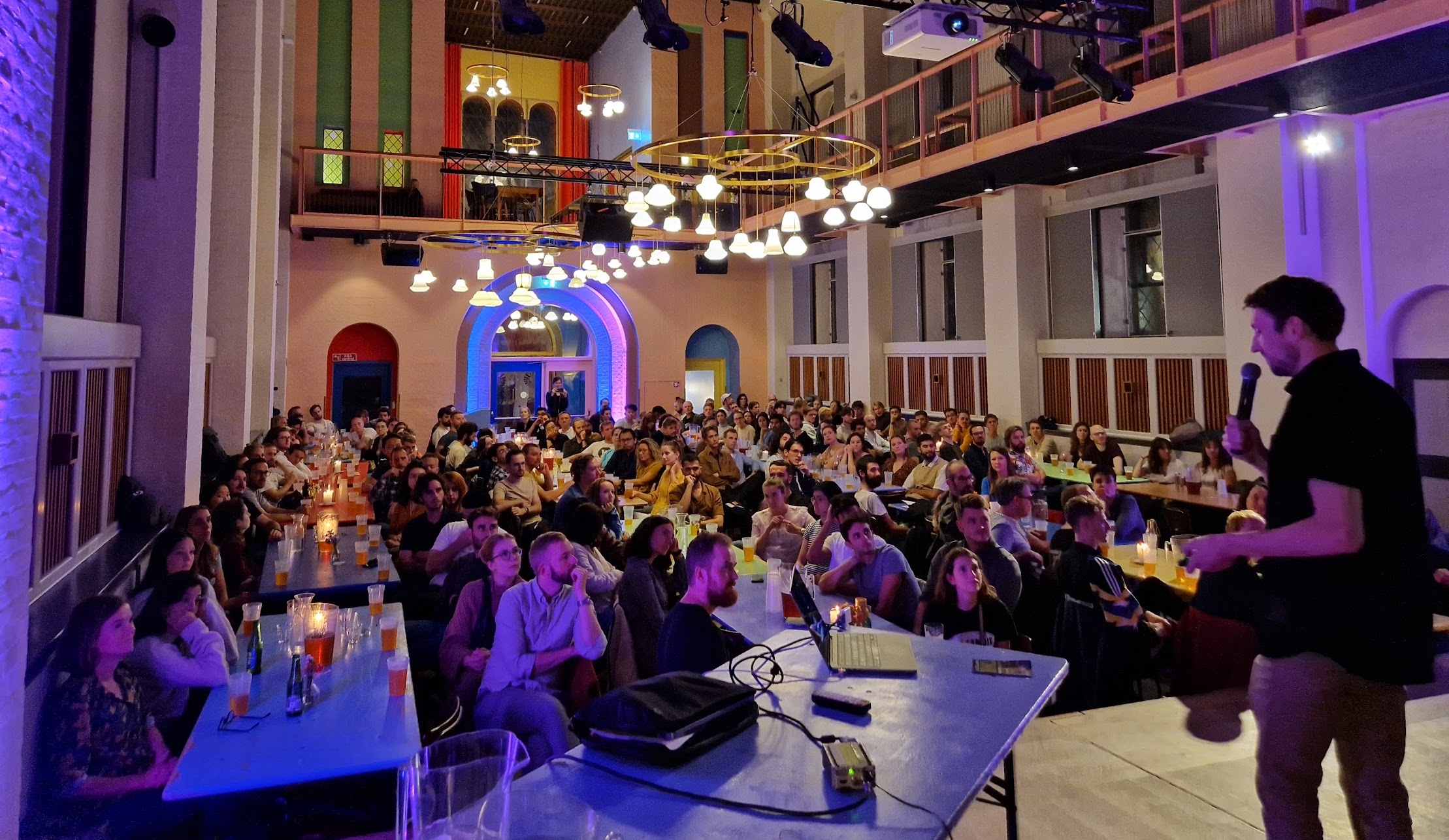
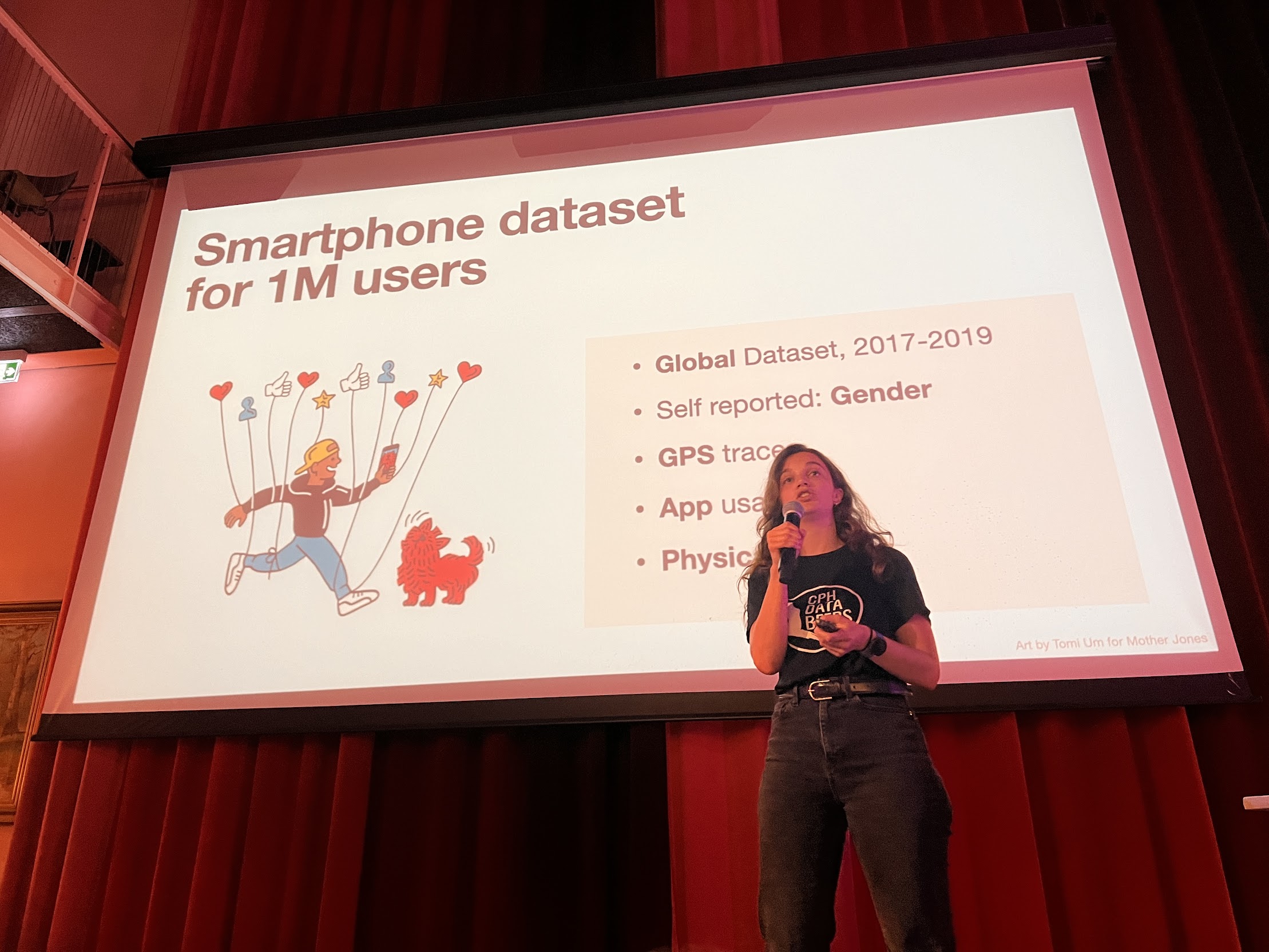
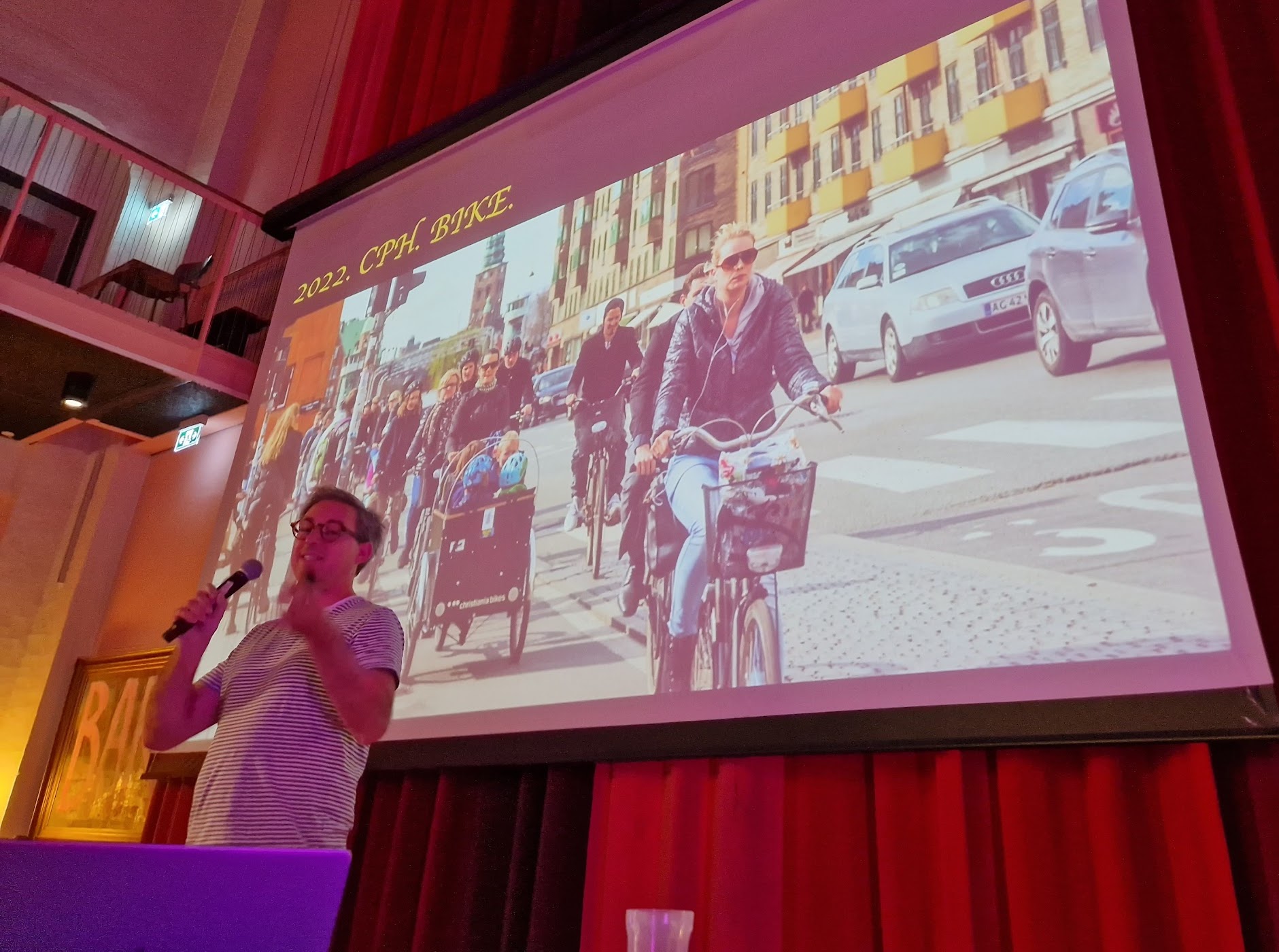
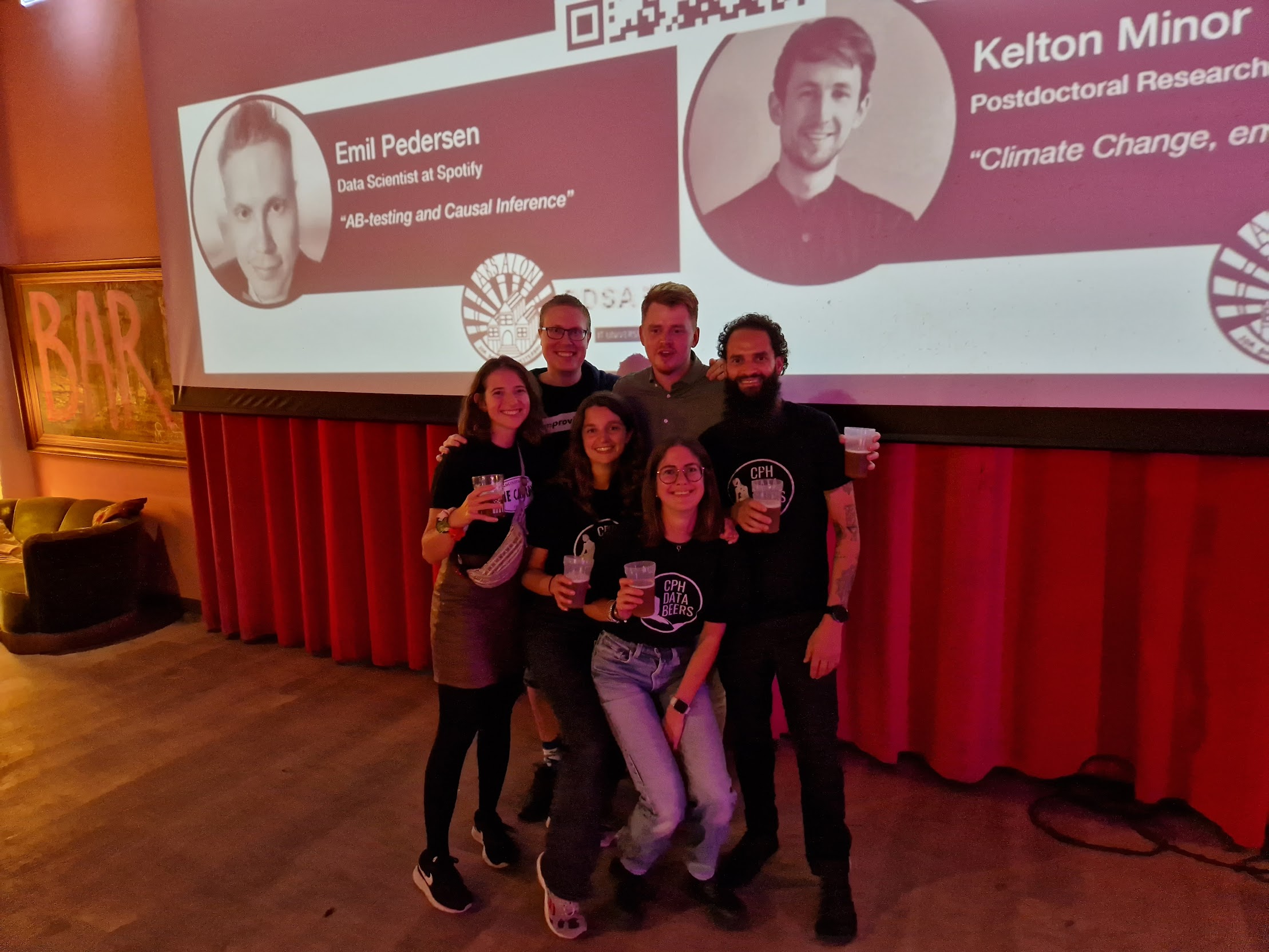
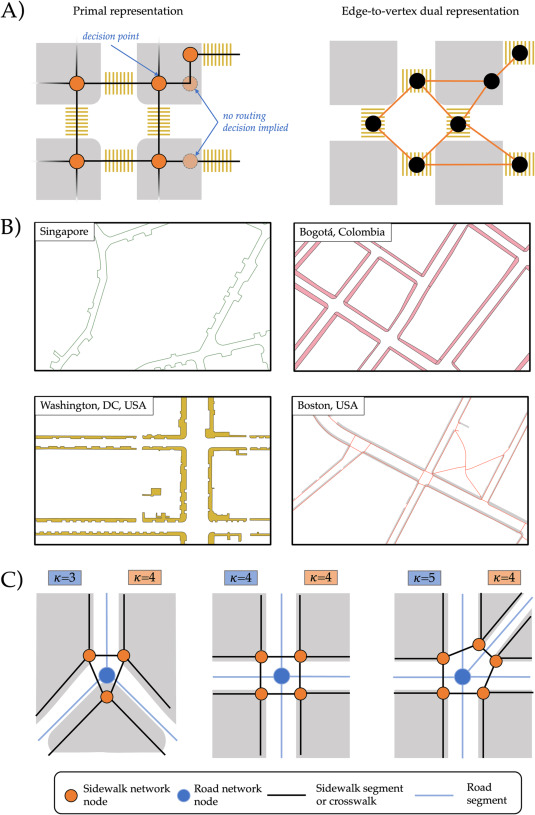
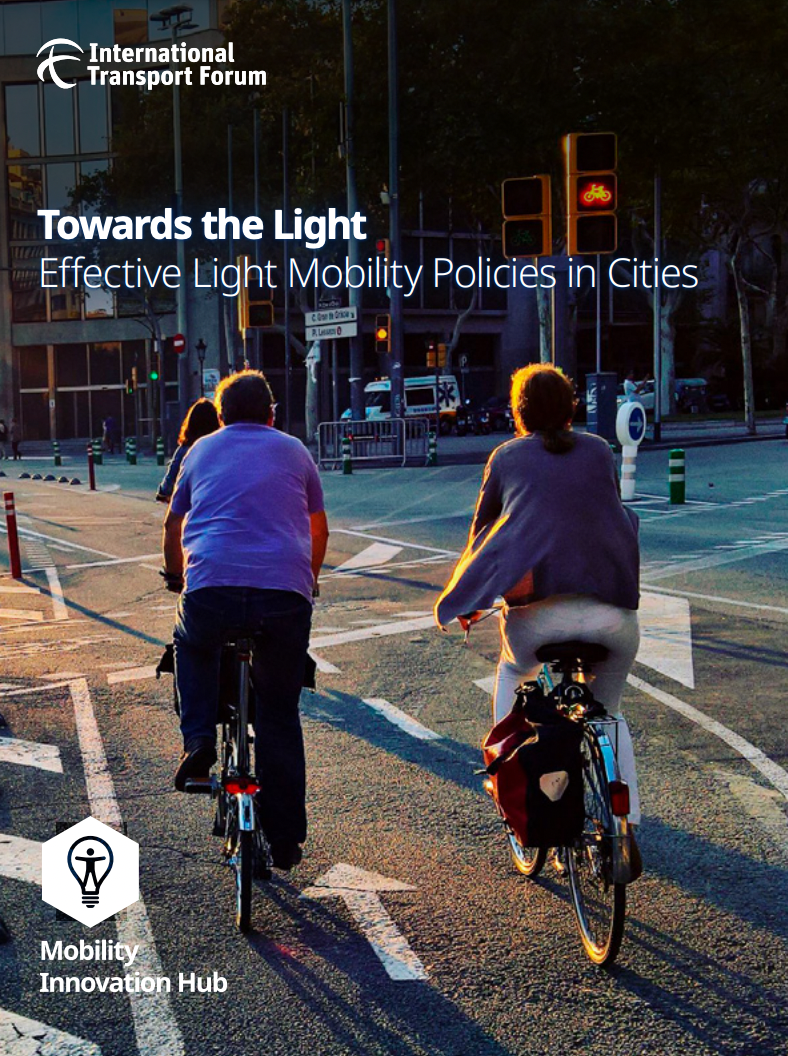
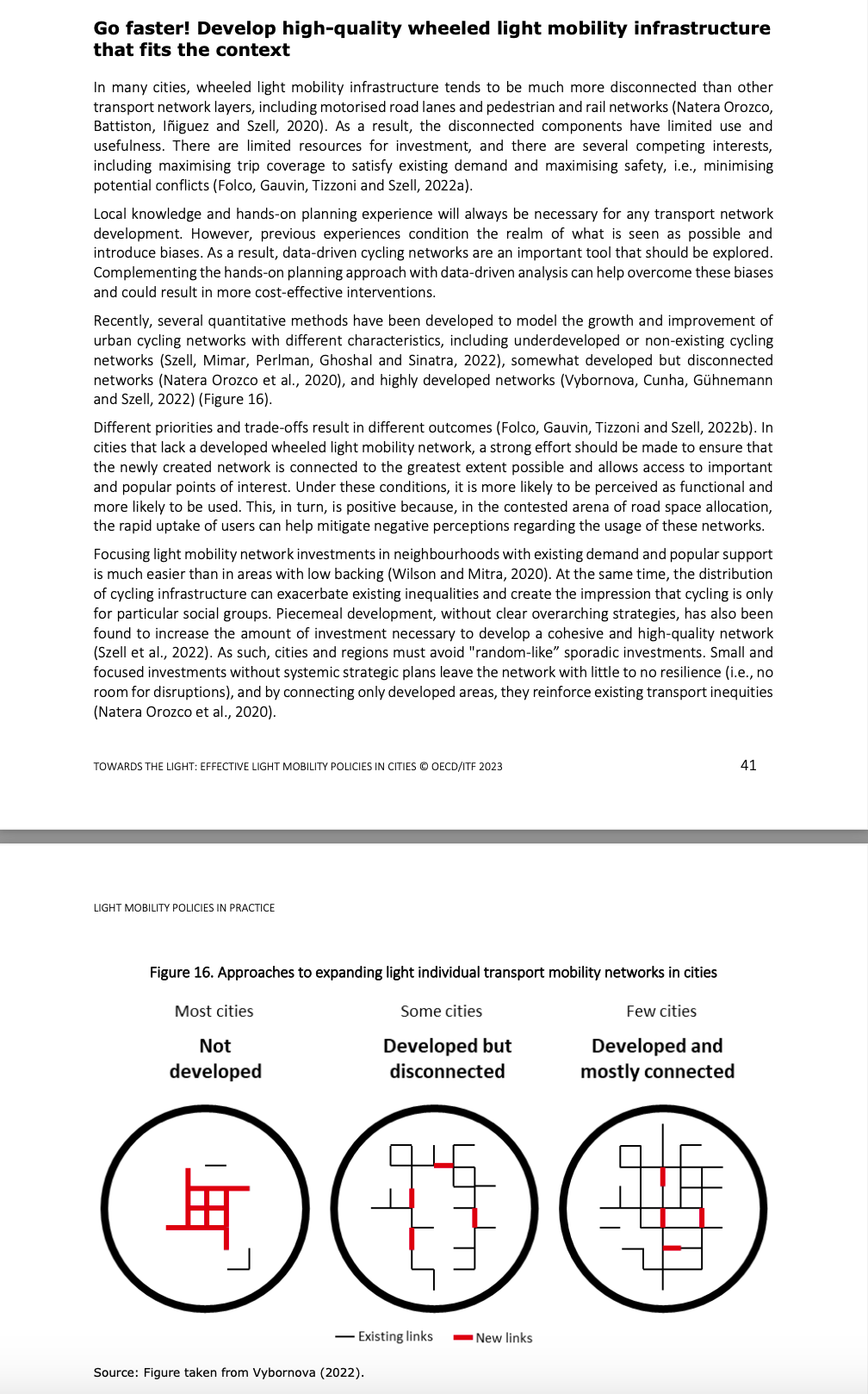
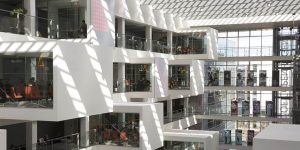
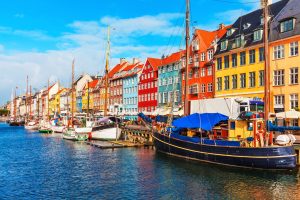 Both salary and working conditions are excellent at ITU. NERDS is a down-to-earth and fun place to be,
Both salary and working conditions are excellent at ITU. NERDS is a down-to-earth and fun place to be, 